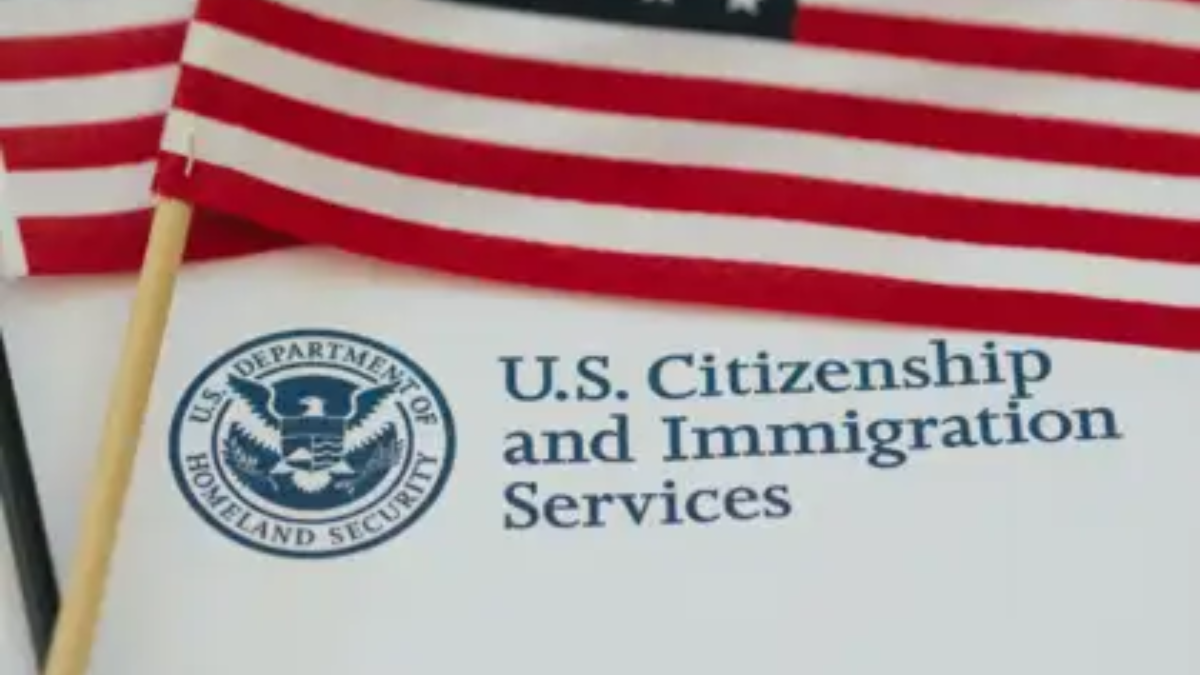USCIS Reinstates 'Neighborhood Checks' for Citizenship Applications, Citing 'Good Moral Character'
This policy change significantly increases the scrutiny for naturalization applicants, potentially extending processing times and introducing new complexities to the path to U.S. citizenship.

Subscribe to our newsletter and stay informed about latest H1B news, policy updates and and other developments.
Article Summary
USCIS has reportedly reinstated 'neighborhood checks' as part of its vetting process for citizenship applications, citing the need to verify an applicant's 'good moral character' and adherence to U.S. constitutional principles. This policy revives a decades-old practice that was abandoned in 1991, having previously relied primarily on biometric and criminal history checks.
Original Article: financialexpress.com
[ Sentiment: negative | Tone: factual ]
This summary and analysis were generated by TheNewsPublisher's editorial AI. This content is for informational purposes only; it does not constitute legal or immigration advice.
[ Sentiment: negative | Tone: factual ]
This summary and analysis were generated by TheNewsPublisher's editorial AI. This content is for informational purposes only; it does not constitute legal or immigration advice.
TNP AI: Key Insights
The reinstatement of 'neighborhood checks' represents a notable shift in the naturalization process, moving beyond solely biometric and criminal record checks to potentially include interviews with neighbors and coworkers. This could introduce subjective elements into eligibility assessments, leading to longer processing times and increased anxiety for applicants who have already navigated the complex Green Card process.
While USCIS cites its statutory authority from INA 335(a) and previous practices, this revival of a policy abandoned in 1991 underscores a broader trend towards enhanced vetting for immigration benefits. This move is likely to be met with scrutiny from immigration advocacy groups and could face legal challenges regarding its implementation and the potential for discriminatory or inconsistent application.




